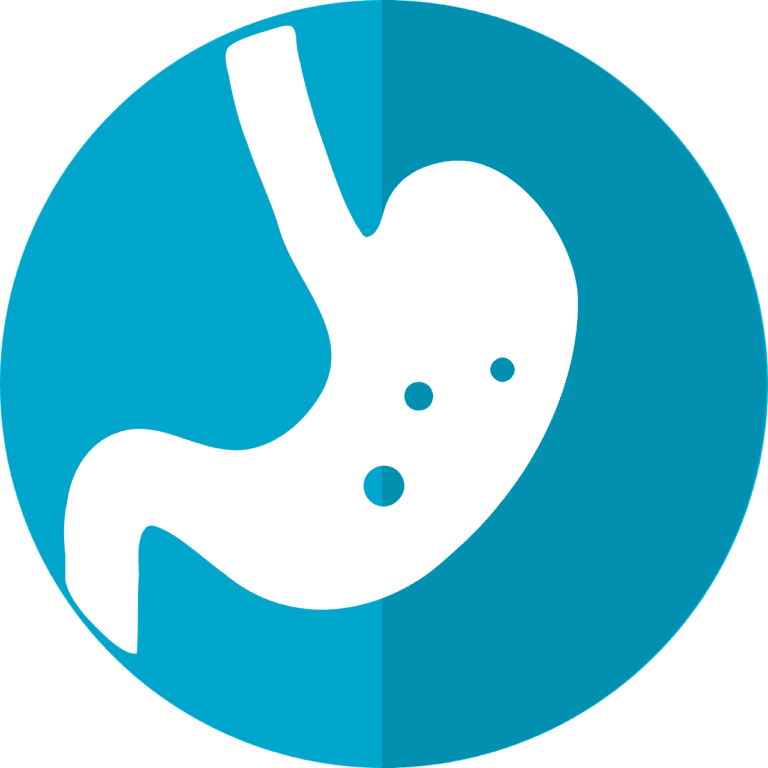David Fogel’s aunt was diagnosed with an advanced stage of stomach cancer when she was just fifty-six years old. Constantly dealing with severe pain and the side effects of treatment, she was dead in two years after her diagnosis.
Fifteen years later, Fogel took a genetic test the indicated to doctors that he was carrying a gene that dramatically increased his likelihood of developing stomach cancer. However, this was a very rare form that was inherited, called hereditary diffuse gastric cancer. Many other forms of stomach cancer are not as closely linked to genetic makeup. Doctors told Fogel that his chances of developing the cancer stood at over seventy percent. To learn more about stomach cancer, click here.
While there was no guarantee that he would get the cancer, and he had not received a diagnosis, the odds, and Fogel’s own genes, were stacked against him. The problem is that there are almost no effective treatment options for this form of stomach cancer. In fact, doctors told Fogel that the only way to get rid of the threat was to remove his stomach entirely.
While this may seem like a difficult decision, Fogel’s experience with his aunt, which appears to have traumatized him significantly, meant that removing his stomach was the only viable option. He had the procedure done this past October. Fogel is 41 years old. Stomach removal only became a viable option once genetic technology that could test for the inherited rare gene was developed. The test first became available in the late 1990s. In the past, people with this form of cancer would not know about it until it was far too late. Genetic testing is also done for women to predict their likelihood of breast cancer.
Living without a stomach may seem like a biological impossibility to the casual reader. However, as long as food is eaten in small portions, the digestive tract can still function effectively without it. In the United States, stomach cancer is quite rare, and has not been a major treatment priority. Regardless, Fogel says that he is grateful that he has the opportunity to get tested, have his stomach removed, and save his own life. Read more at News Tribune.






